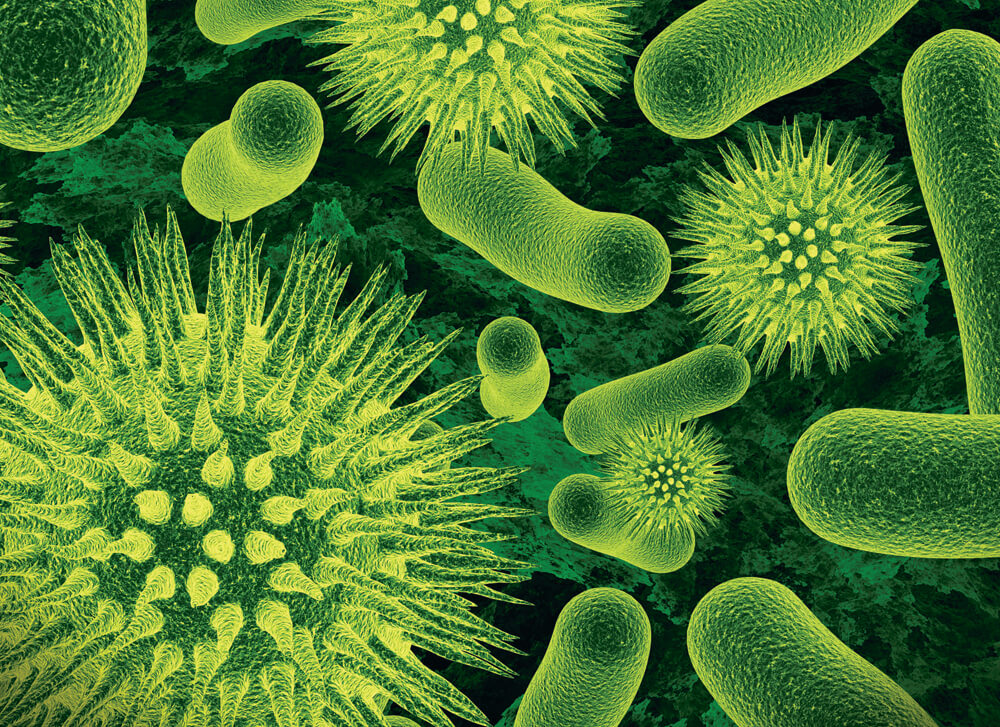Overview
Click on the tabs to learn more. Hint! Some tabs may be hidden. Click on the right green arrow to scroll.
Introduction to Life Science
If you’re planning to pursue a 4-year degree in a science-related field, MCC’s Life Science degree provides a foundation in the biological and chemical sciences. The degree will prepare you for transfer, while providing a context in which lessons directly translate to industry standards.
A degree in Life Science is the beginning of a path that leads to a wide range of employment opportunities in the biological sciences in business and industry, hospitals, universities and government positions.
Degrees & Certficates
The Life Science program offers the following Associate of Science (A.S.) degree:
- Life Science (A.S.)
Program Goals
The Life Science degree provides the foundation for a diversified background in the biological sciences including general biology, botany, ecology, microbiology, physiology, zoology or pre-medical or pre-veterinary sciences. Essentially the first two years of a Bachelor of Science degree that combines theoretical and practical applications of life science concepts throughout coursework.
Curriculum
Admissions Requirements
Applicants for admission to the Life Science degree program must comply with general college admission requirements and also provide a High School transcript or participate in an interview with an MCC Admissions Counselor.
There are no other specific program admissions requirements.
Incoming Transfer Policy
In addition to college-wide transfer credit policies, Human Anatomy and Physiology I and II and Microbiology must be taken within an eight-year period from the time of acceptance into the Life Science program.
Curriculum: Required Courses
Course Sequencing
Degree Program – First Year
ENGL110XM or ENGL110M
Total Credits: 4
Degree Program – Second Year
Math/Science Elective
Total Credits: 4
Humanities or Fine Arts Elective
Total Credits: 3
Math/Science Elective
Total Credits: 4
Social Science Elective (3 credits)
Total Credits: 3
(ANTH, ECON, GEOG, HIST, POLS, PSYC, SOCI)
Open Elective (3 credits)
Total Credits: 3
Program Outcomes
Acquired Skills
After completing the Life Science degree you will be able to:
- Apply biological and/or chemical principles practically in both academic and career settings.
- Communicate effectively using life science terminology in an appropriate manner, both verbally and written.
- Align coursework with 4-year degree concentrations for continuing degrees
- Understand and apply the scientific method in research.
Employment Opportunities
This degree is applicable to a wide range of employment opportunities in business and industry, hospitals, universities and government positions.
With a Life Science degree you can find work as a:
- Biological Technician
- Biotechnology Technician
- Environmental Technician
- Forest or Conservation Technician
- Medical or Clinical Lab Assistant
- Research Assistant
Potential Salary
There are a wide range of jobs in the life science industry. See below for the average annual salary range in central NH for a Biological Technician.
| ENTRY-LEVEL | MID-RANGE | EXPERIENCED |
| $36,825 | $49,021 | $78,863 |
*Career Coach 2024
Outgoing Transfer Opportunities
Students in the Mathematics program can successfully transfer to many colleges and universities around the country, including:
- Boston University
- Emerson College
- Keene State College
- Plymouth State University
- Rivier University
- Southern NH University
- University of New Hampshire
- University of Massachusetts
…and many more!



